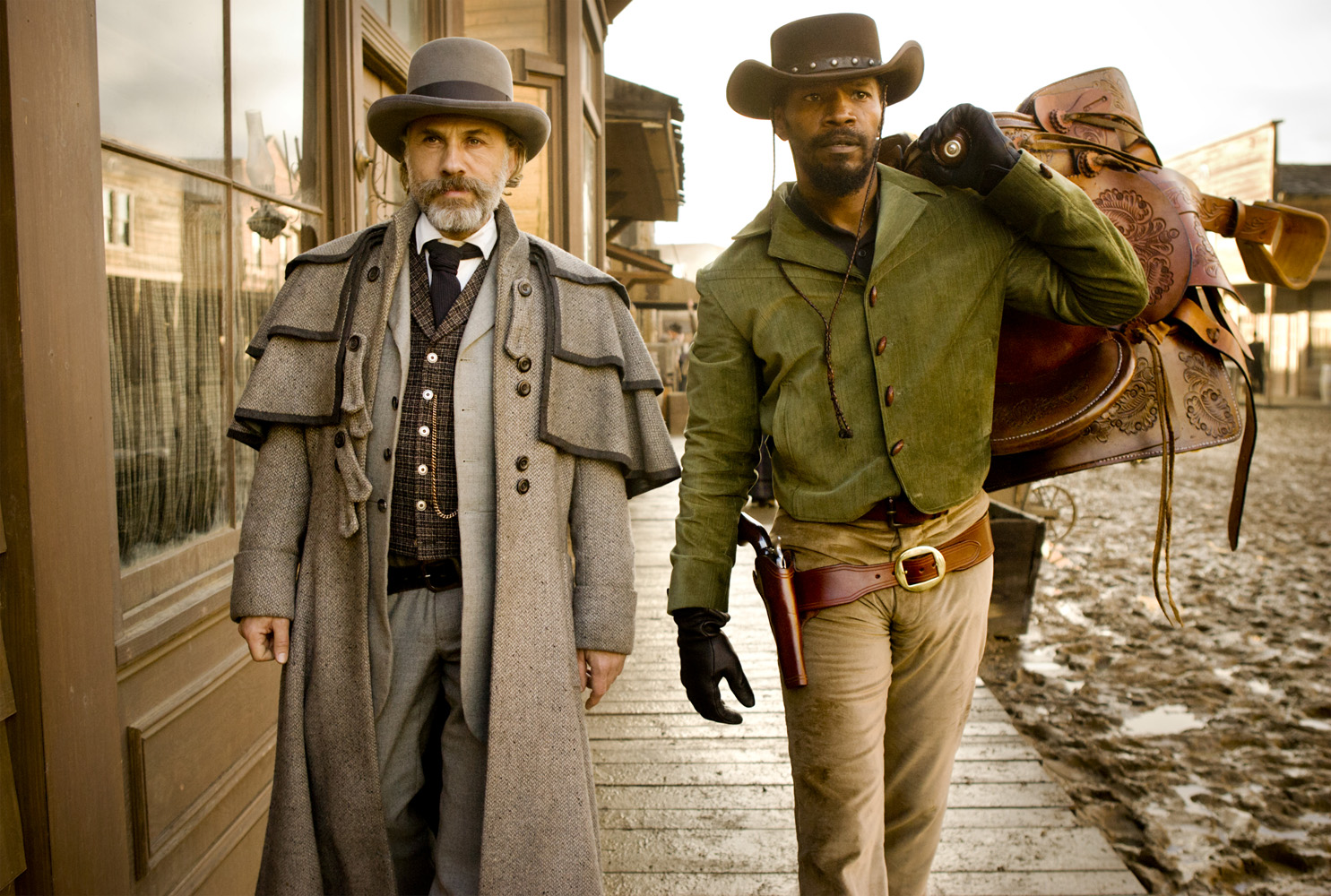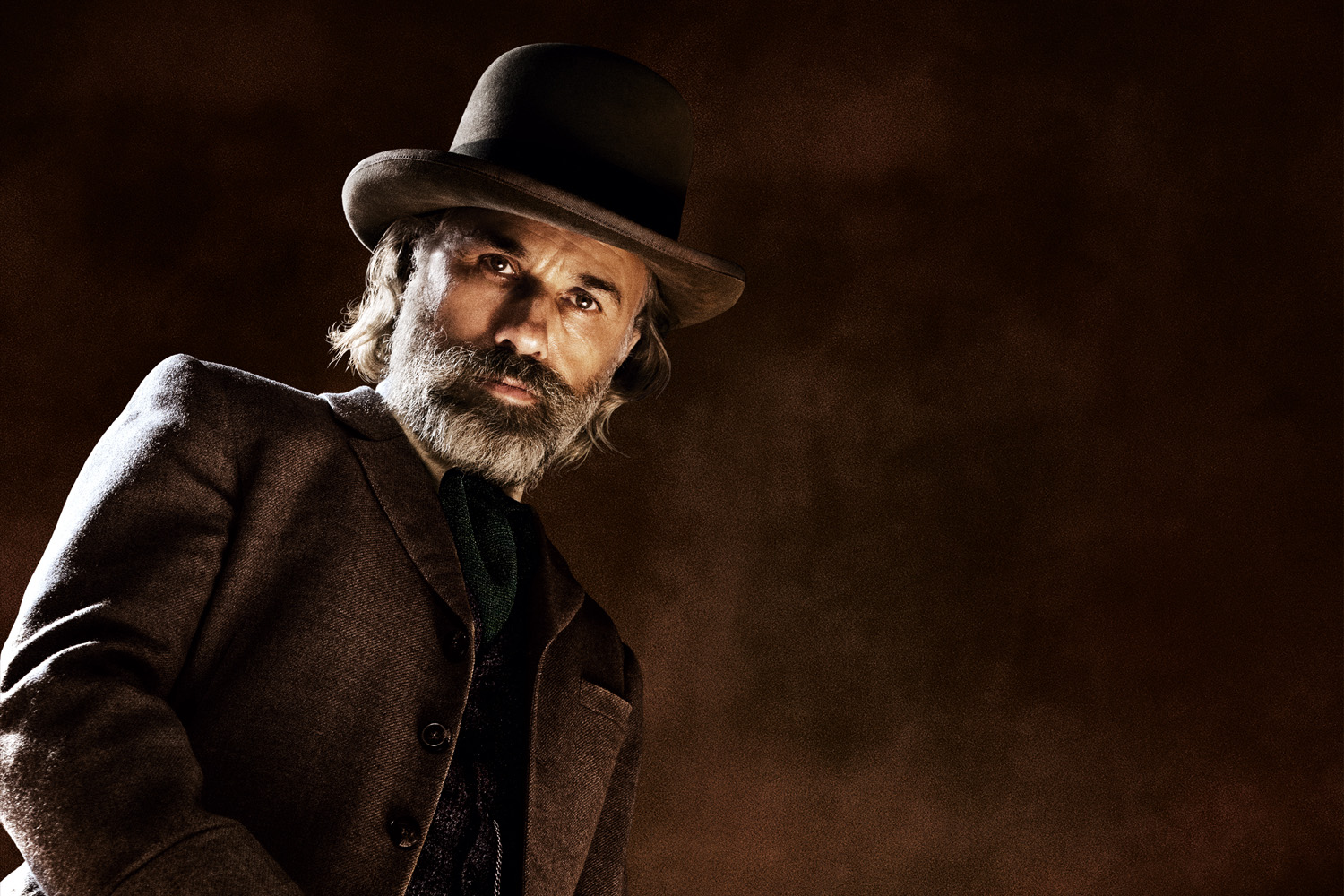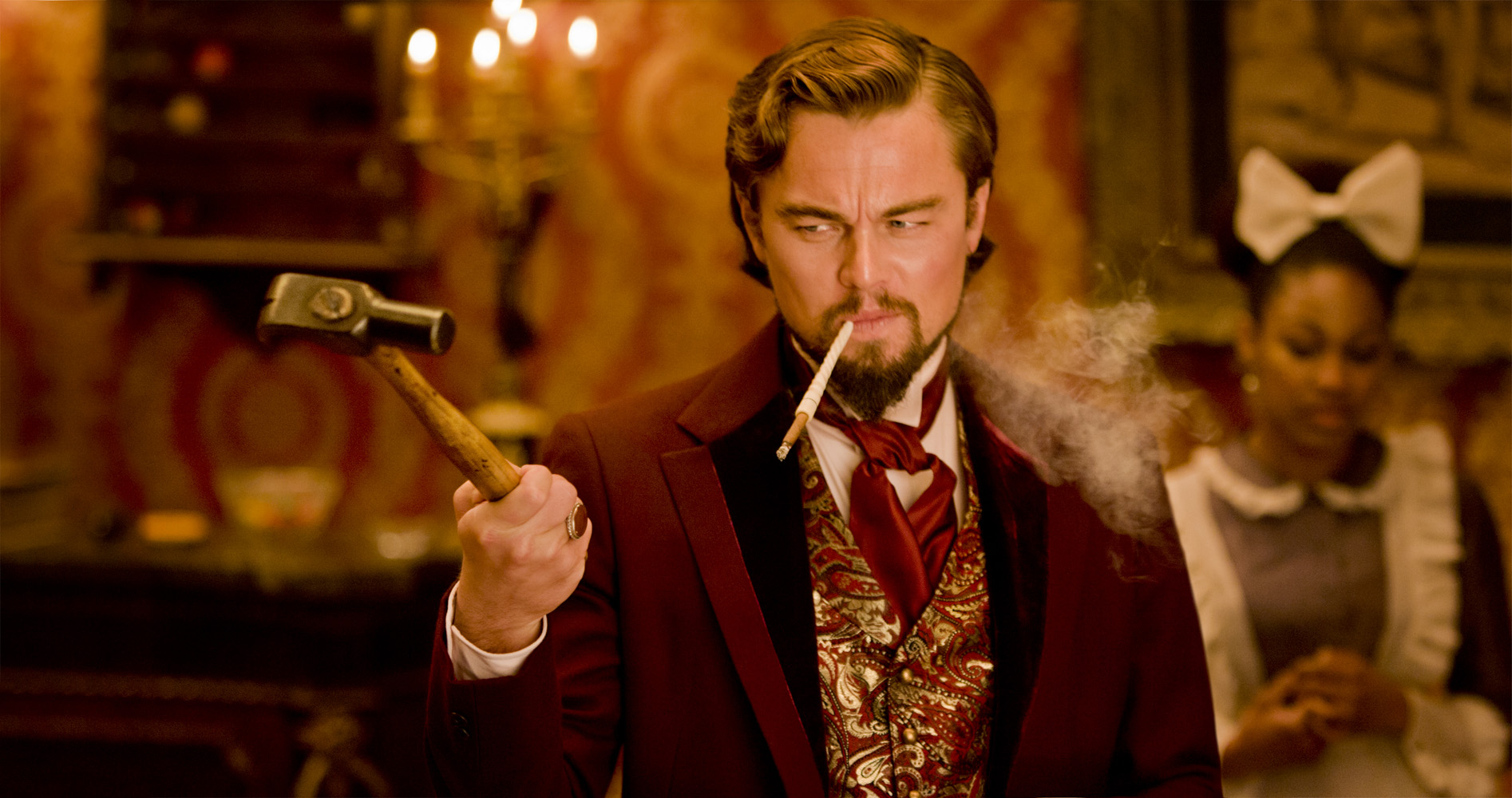Filtered By: Lifestyle
Lifestyle
Movie review: Have a spaghetti Western marinated in blood with 'Django Unchained'
By KARL R. DE MESA, GMA News
There's a lot of killing in this movie. Then again, you probably knew that, as everyone who saw the popular “Kill Bill” series will tell you, a Tarantino movie is not for the faint of heart.
This means people who eschew action movies. This means those who don't get how gratuitous violence pureed with fantastic camp are meant to be an artistic communiqué. The same people who complain that Rage Against the Machine are just too loud. Well, yeah. But not just.
This one is for those who loved the old Quentin Tarantino; a return to form for the director we came to love in “Reservoir Dogs” and “Pulp Fiction” where violence is both metaphor and narrative fuel for the tackling of, you know, important themes. Granted, he's been steadily becoming self-indulgent (2009's “Inglorious Basterds” never did translate well with the Jewish audience) with his own style, so this is a refreshing new chapter.
This is in fact his love letter to cowboys and Westerns—a genre that, for Tarantino, represented masterful depictions of good and evil. Sort of like superhero movies but with guns and horses.
The fact that there's already a 1966 film titled “Django” and that Franco Nero, the original actor who portrayed Jamie Foxx's namesake, makes a cameo here is additional proof that this man knows how to make multi-layered homages like a mad chef.
At its heart, “Django” is the story of the titular character's struggle to infiltrate a plantation to rescue his wife. On a macro scale though, the spaghetti Western's tropes are a mere backdrop for commentaries about slavery, the nature of freedom, and how revenge is both empowering and self-immolating—a sword that can only be gripped by its blade.
From the opening scene where Christoph Waltz's bounty hunter, Dr. King Schultz, nonchalantly climbs down from a wagon with an overly large molar on top bouncing on a spring (because he's a German dentist), outshoots the slaver Speck Brothers, and frees Django, we're jolted out of our seats with the brutal and funny way this movie swaggers.

Christoph Waltz as Dr. King Schultz and Jamie Foxx as Django
Well, it's 1858, two years before the Civil War, and that's the way things are in the Southern states. Django is then conscripted by Schultz to find his current bounty assignment and eventually takes him under his wing as a protege. In the process of honing man-hunting and combat skills, Schultz offers to help Django track and rescue his wife, Broomhilda (Kerry Washington), a woman that's been lost to the whims of the slave trade.
The search eventually leads Django and Schultz to the slick and odious Calvin Candie (Leonardo DiCaprio), the infamous proprietor of "Candyland." Which is where the bloodiest of the shoot-outs takes place in a finale that's part gun-fu, part Custer's last stand.
Tarantino turns a surrealistic, humorous eye on the ills of the old West and then proceeds to demolish them with shotgun and rifle, the way Aldo the Apache carved swastikas on Nazi foreheads in “Basterds.”
There's cleverly-placed symbolism here from the Afro and the shedding thereof, the debauched Southern slave/plantation owner revelling in a wrestling match by two slaves in a swank bar, and even macho verbal sparring so jive you can feel the “oh, snaps!” like a flint and tinderbox in your head. Tarantino's way with language (and you can read the script he wrote online, too) has never shined brighter. And oh, there's such delicious filth here.
The acting here is predisposed to caricatures, and I mean staples like the Good White Man and the Angry Black Man, the Cloying Body Slave Lording it Above Other Slaves, but the movie kicks these cliches into orbit with a contemporary spin.

Christoph Waltz's bounty hunter, Dr. King Schultz
Take Christoph Waltz's (who won an Academy Award for Best Supporting Actor) Dr. King Schultz, the European who sees in Django an instrument that can be molded into a weapon of great destruction, a negro who transcends epithets and avenges them with relish. His portrayal of Dr. Schultz is actually way more interesting than Foxx's dour, vengeance-obsessed Django. Though Foxx is no slouch in the thespian department as he channels textures of rage into his revenge mission, it's really Schultz and DiCaprio's Candie that give the third act of this film its well nigh Shakespearean ballast. Deadly finesse and Southern manners in direct collision.
We all know somebody's bound to get killed in a tense, overly-polite dinner where Schultz and Candie try to bargain for the sale of Django's wife Broomhilda (I hope you got the mythological Brunhilde reference, too), and the negotiations are sure rife with disguised rancor, but you'll never guess who gets shot and the reason for it. That and Sam Jackson's Stephen the slave (underneath heavy old man prosthetics) mouthing off black attitude (batitude?) like there's no tomorrow. Absurd comes to mind. Brilliant, too.
Oh, if you ever do get lost in the morass of grey shades, the soundtrack (vintage and superbly chosen) will cue you in on the scene's emotional compass. Though I doubt you'll need any help when the Australian miners make an appearance.
People have been complaining about the level of bloody gratuity here, particularly about the depiction of how slaves were punished in the old South. There's whipping, hunting by dogs, and the ever popular stringing by their boot heels; all of which have been more or less whitewashed by the cowboy movies of the 60s and 70s, and glossed over in recent TV Westerns like “Deadwood.”
Point being, they're not there for you to enjoy viewing them. But in a movie that directs violence against slavers there must be ample reason to rise up and justify all the buckshot flying. It's a Quentin quid pro quo or, in colloquial talk, “what's good for the goose....” Hitler shouting “Nein!” over and over again in “Basterds” served much the same purpose. Somebody to hate for the heroes to shine.

Calvin Candie (Leonardo DiCaprio), the infamous proprietor of "Candyland."
So blood, check. Gunplay, check. And jiving smart talk, check.
The reasons to watch this film are all of the above but, most important, the astounding way 'Django Unchained' treads filmic water without turning a blind eye to the respect due the suffering of those whose ancestors were actual slaves.
That, or the inevitable political overtones of making what's essentially a 90s transgressive movie in an ultra-politically correct post-hipster age. Which is to say entertainment isn't necessarily politics though the reverse can't always be said.
Meaning, you can read a number of things into a movie about a black man killing whites in the old West, but you'll never shake your head no to slaughtering a villain like Calvin Candie. Welcome back, old Quentin. —KG, GMA News
“Django Unchained” is rated R-16 With No Cuts and currently screening in major theaters.
Photos courtesy of Columbia Pictures
Tags: djangounchained, quentintarantino
More Videos
Most Popular




